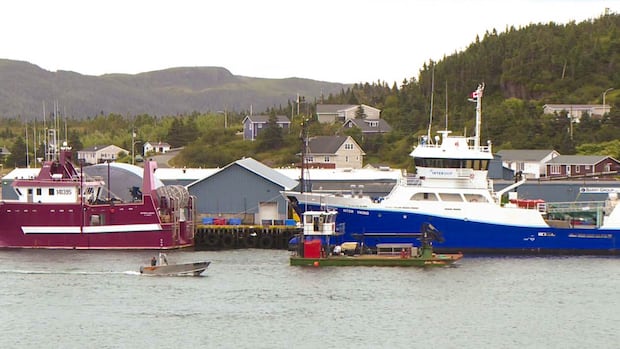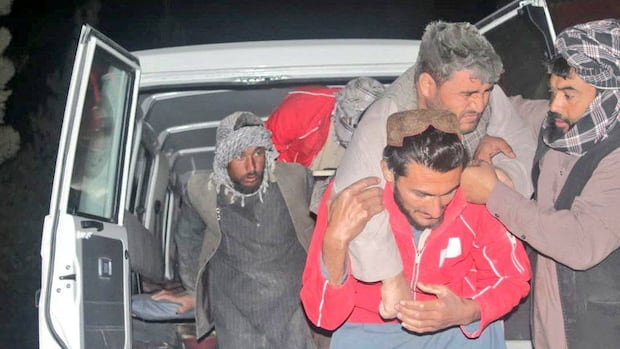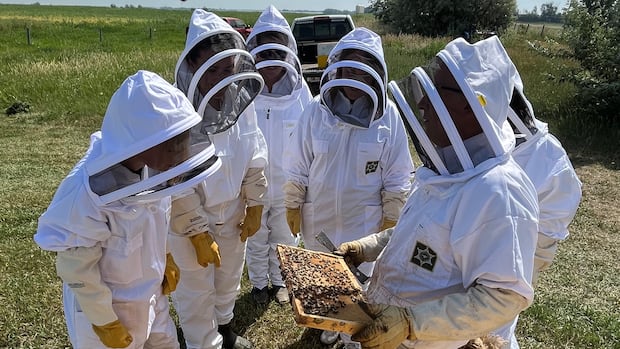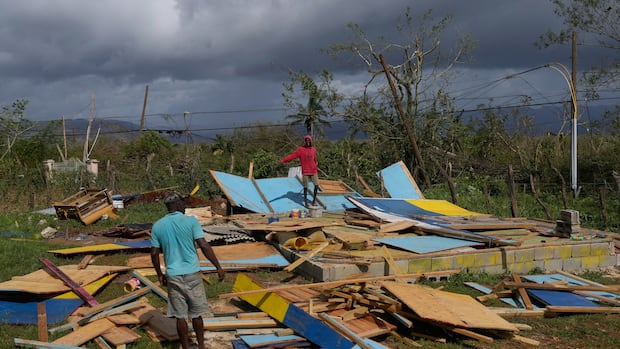There’s no swaying the support many people in the Coast of Bays have for the aquaculture industry.
Aquaculture companies and service providers create hundreds of jobs on the rural south coast communities of Newfoundland, and the industry is getting credit for driving the economy.
“It creates a lot of jobs,” said Harbour Breton Deputy Mayor Roy Drake.
“We still have our inshore fishery and we have our crab, and we have our lobster … but the bottom line is aquaculture is what supports it all right now. And so with that we have to protect it and hope for the best with it.”
The aquaculture industry was established in the area more than 20 years ago, and has been a major employer ever since. But it hasn’t come without issues.
In 2019, aquaculture giant Mowi reported 2.6 million dead fish had to be removed at its various sites in southern Newfoundland. And late last month, about 400,000 fish were reported dead following an incident in Mowi’s pens near Harbour Breton.
A rusk of deep, cold, low-oxygen seawater to the warmer-water ocean surface — known as a thermocline inversion — is what killed about 400,000 farmed salmon at a Harbour Breton aquaculture operation, said Mowi Canada East.
Despite the die-off, Drake said there’s still a lot of confidence in the industry.
“I think the industry still can grow,” he said.
“There’s hiccups along the way, as in any industry. This industry is very important to this community, to this region, and in my belief, to the province. It’s hard to comprehend how big this industry really is. But once you get talking to people and suppliers and where they’re from, then you understand completely how big it is.”

Fabian Manning Jr. understands just how big aquaculture is on the south coast, and beyond. He’s the owner of Harbour Breton-based, 360 Marine Ltd., which provides services and support to the marine and aquaculture industry.
“Without aquaculture in the Coast of Bays, it would be a dark-looking place,” Manning, who’s been in business for more than a decade, said.
The recent die-off of hundreds of thousands of fish is not changing the attitude of many toward aquaculture on the south coast. The CBC’s Troy Turner reports.
“Not that some people probably wouldn’t be able to still make it work here, but the vast majority of people would have to find somewhere else to make a living and call home.”
The company does work across Atlantic Canada, but of the 200 employees Manning said most are dedicated to serving the aquaculture industry. He knows the industry has struggled with public perception.
“This stuff happens in multiple industries that farm animals or crops,” he said. “Things like this happen. Luckily enough, I’ve been able to travel around the world and see aquaculture in multiple countries and continents. And this is something that happens.
“It just seems that aquaculture, when this stuff happens, there’s a lot more attention turns to some fish dying than it would in the poultry industry or some other type of … animal livestock farming.”

Manning said he sees the potential for more aquaculture projects in the region, and is hoping perception of the industry will change, and will create work for future generations in rural Newfoundland.
“There are negatives and positives with every industry and we all need to work together … to do what’s right, not only for the economy, [but] for the environment, and for our province to make sure that we can move forward,” he said. “Fighting against each other sometimes is not getting anyone anywhere.”
Mowi Canada East would not do an interview about the die-off.
A company spokesperson said the live salmon harvested following the latest incident are expected to be processed this week.
Download our free CBC News app to sign up for push alerts for CBC Newfoundland and Labrador. Sign up for our daily headlines newsletter here.








